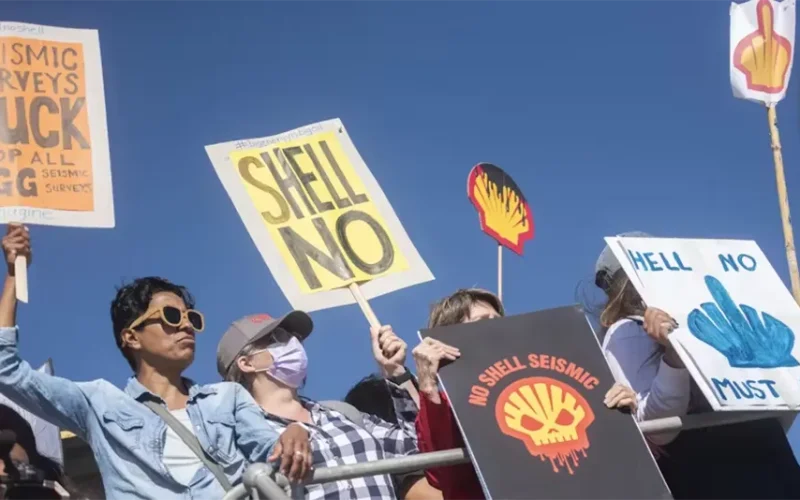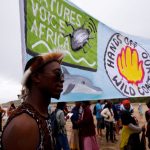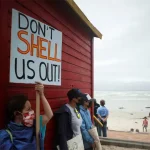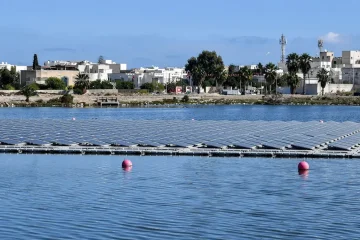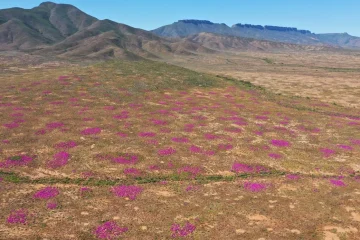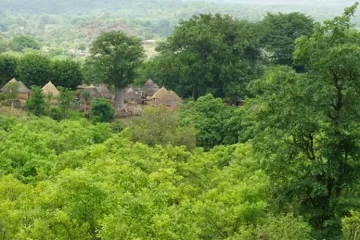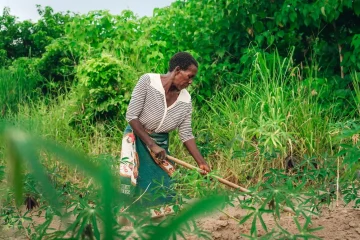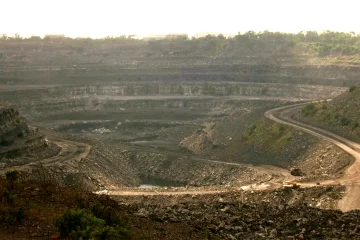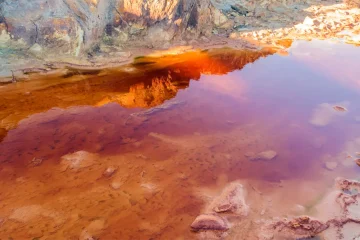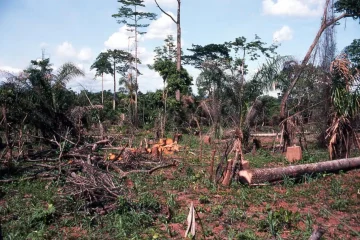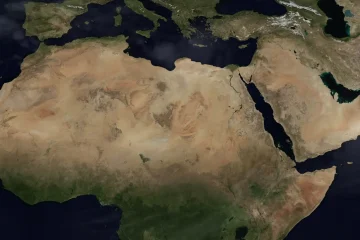SOUTH Africa’s Supreme Court of Appeal recently dismissed an appeal by Shell, Impact Africa and the Department of Mineral Resources and Energy to overturn a High Court judgment that halted a seismic survey off the country’s pristine Wild Coast. The High Court found that the right to carry out a seismic survey had been granted to Shell and Impact Africa unlawfully. This was because they had failed to adequately consult the Wild Coast’s affected communities, ignoring the communities’ cultural rights and their use of the land and sea for fishing and generating livelihoods.
Environmental law researcher Robert Krause of the Centre for Applied Legal Studies explains what South Africa’s laws say about genuine consultation, and how courts have ruled on this. He argues that communities need to organise against fossil fuel mining because the law offers them only limited protection.
What is genuine community consultation?
The legal requirements of consulting before making decisions are rooted in principles of reasonable, lawful and procedurally fair administrative action. These principles have been adapted and incorporated into South Africa’s constitutional democracy. They are also codified in Section 33 of the Constitution and the Promotion of Administrative Justice Act of 2000. The act says that people or communities who might be negatively affected by a decision should be given:
- enough notice about what the decision could mean for them
- a clear statement describing what changes the decision could mean
- notice that they can ask for reasons for the decision and let them know how to appeal against the decision
- an opportunity to explain how the decision could negatively affect their lives.
There are even more specific requirements found in different laws. For example, the Mineral and Petroleum Resources Development Act of 2002 details how communities should be consulted when mining companies apply for exploration permits.
The requirement to consult communities has also been interpreted by the Constitutional Court of South Africa in the Bengwenyama case. In this case, the court ruled that a company that wants to prospect for minerals on land that do not belong to it must give interested and affected persons enough information about what exactly it will be doing (for example, digging huge pits in the land, extracting water from a river or blasting in the sea).
This information is important because it enables the interested and affected parties to comment on the decision and engage from an informed position.
Second, a company seeking a mining licence must engage in a dialogue that aims to reach a common understanding. This requires that consultation be conducted with an open mind – in other words, that a mining company is willing to change its mind.
Since December 2014, all mining licence applications have been subject to the National Environmental Management Act regulations, which contain some of the most detailed requirements for public consultation. (This did not apply in the Shell case because its application for exploration rights on the Wild Coast was approved before December 2014.)
What could Shell and Impact Africa’s next move be?
I do not see it as very likely that Shell will abandon its project as there are vast potential profits. It is, therefore, likely that Shell will follow the path laid down by the Supreme Court of Appeal: hold consultations with affected communities and other interested parties so that it can apply again for the renewal of its exploration rights. I can see Shell being more careful to tick the boxes to comply with the letter if not the spirit of the judgment.
This new consultation would have to ensure that notices about the seismic survey activities (where, how and when they were to be carried out) were given to communities in a language as easily understandable as possible and not overly technical. Communities would have to be invited to give their views. In the Shell case, the Supreme Court of Appeal said there should be notices published in the local languages of the Wild Coast – isiXhosa and isiMpondo.
These notices should also be broadcast on public radio stations such as Ukhozi FM and Umhlobo Wenene, the main sources of information for communities on the Wild Coast.
The Supreme Court of Appeal also said Shell had not considered the negative impacts of seismic surveys on cultural and religious practices, and food security and income from fishing. This suggests that the cultural and religious practices of affected communities must be considered during consultations because Indigenous knowledge about sustainable living is important.
What’s next for the affected communities?
Communities must be consulted when their land or sea is mined. However, public participation processes in South Africa do not give communities the power to veto a decision by a developer.
It is possible that Shell might now hold a consultation process with better notice and wider participation at public meetings. Business and political networks with an interest in a particular development work may also make sure that participation meetings are dominated or disrupted by those voicing support. Manipulation of public participation can be hard to trace to the company.
Discussions about “where to next” are best left to the communities and civil society organisations involved. My observation is that the Shell judgment shows the limits of the South African legal system. It is designed to preserve the capitalist economy and state. Legal cases tend to be won on procedural arguments (for example, that the public participation process did not meet the required standards).
The Shell case also shows that the courts might agree that proper processes were not followed, but might not do enough to assist communities (for example, by setting aside Shell’s permit).
Environmental issues are rooted in unequal power dynamics. Tackling them therefore requires a strong environmental and climate justice movement made up of mining-affected community organisations, labour, and environmental civil society organisations. In South Africa, these are connected under the Climate Justice Coalition. International solidarity is also vital and is easier to build around multinational corporations such as Shell that are already opposed globally.
South Africa is a society of grinding poverty and extreme levels of unemployment. Destructive projects often use the argument that they will provide communities with jobs and development. It is vital that movements outline alternative, democratically controlled community-driven development paths that harness the full potential of the area.
Robert Krause, Acting Head of Environmental Justice, Centre for Applied Legal Studies (CALS), University of the Witwatersrand
- This article is republished from The Conversation under a Creative Commons license. Read the original article.

